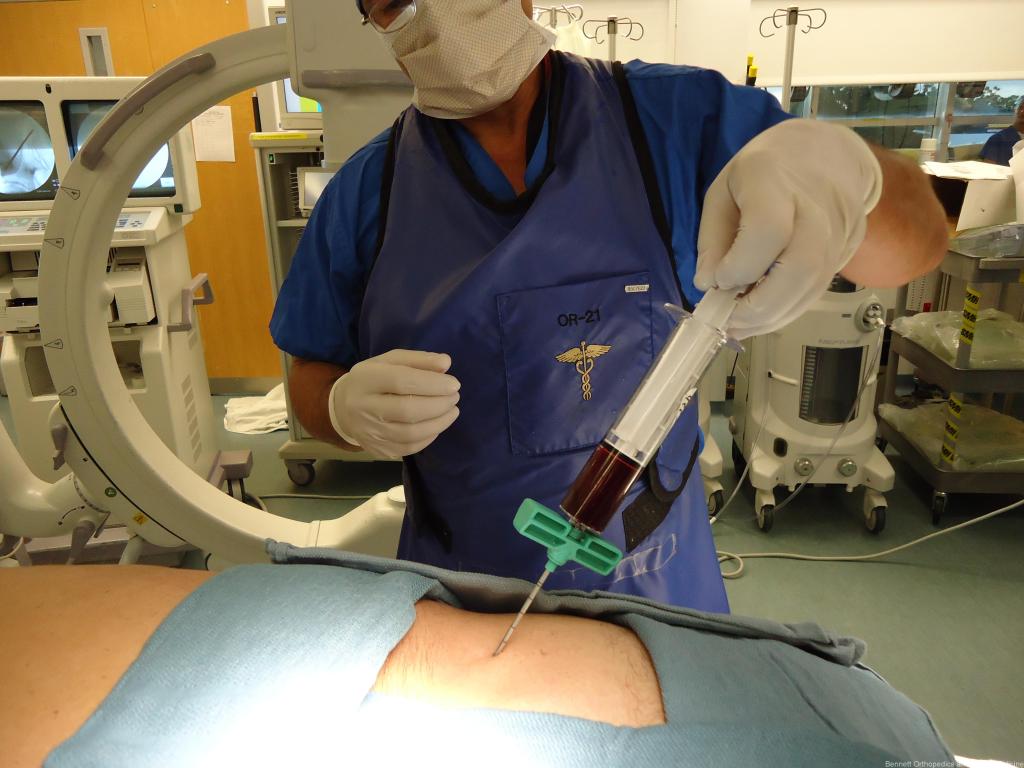
Inflammatory breast cancer: Blocking the lymphatic vessels

Inflammatory breast cancer causes may not be known, but the risk factors are evident
Like it is with many other cancer, it’s not clear what causes inflammatory breast cancer. Experts across the globe are aware that the genesis of inflammatory breast cancer comes with the formation of an abnormal cell in one of the breast’s ducts. Mutations within the abnormal cell’s DNA facilitates its rapid growth and multiplying into several cells uncontrollably. Scientifically, doctor Akoury MD, President and founder of AWAREmed health and wellness resource center adds that, the numerous abnormal cells penetrate and obstruct the lymphatic vessels in the skin of the breast. The obstruction or blockage in the lymphatic vessels causes red, swollen and dimpled skin which is a classic sign of inflammatory breast cancer. So what are the risks factors?
Inflammatory breast cancer: Risk factors
Factors that increase the risk of inflammatory breast cancer include:
Being a woman – Women are more vulnerable and are likely to be diagnosed with this type of cancer than men nevertheless, this doesn’t exempt men from develop inflammatory breast cancer.
Black skin – Black women have a higher risk of this disease than do white women.
Being obese – Weight management is important as it reduces the risks. Obese and overweight people have higher risk of contracting this disease compared with those of normal weight.
Inflammatory breast cancer: Diagnosis
Tests and procedures used to diagnose inflammatory breast cancer include:
- Physical exam – during your regular checkups, your doctor examines the breast to ascertain signs like decolonization of the breast to redness.
- Imaging tests – the doctor may recommend a breast X-ray (mammogram) or a breast ultrasound primarily to look for signs of cancer in your breast like thickened skin. Additional imaging tests like MRI, may be recommended in certain situations.
- Removing a sample of tissue for testing – a small sample of the affected area of the breast is removed for testing through a procedure known as biopsy. The tissue is analyzed in a laboratory to look for signs of cancer. A skin biopsy may also be helpful, and this can be done at the same time as a breast biopsy.
Inflammatory breast cancer: Determining the extent of the cancer
To ascertain this, more tests becomes necessary. Knowing the extent of the cancer spreading to the lymph nodes or to other areas of your body is essential for treatment. Such tests may include a CT scan, positron emission tomography (PET) scan and bone scan. Nonetheless, some tests may not be necessary and therefore, your doctor will identify the most relevant for each patient. Finally, it is out of these tests results that your doctor will determine the stage of cancer and with such information, he/she will be able to put you in the right treatment. And whichever treatment your doctor settles on, you will need all the support from your loved ones and friends. A good health facility to make the treatment friendly. In your quest of looking for the right facility, you can talk to us at AWAREmed health and wellness resource center for real time solutions.
Inflammatory breast cancer: Blocking the lymphatic vessels
